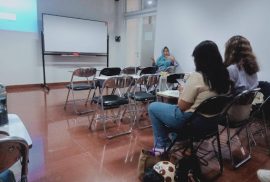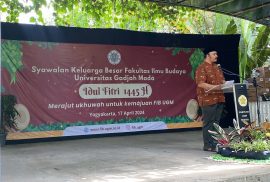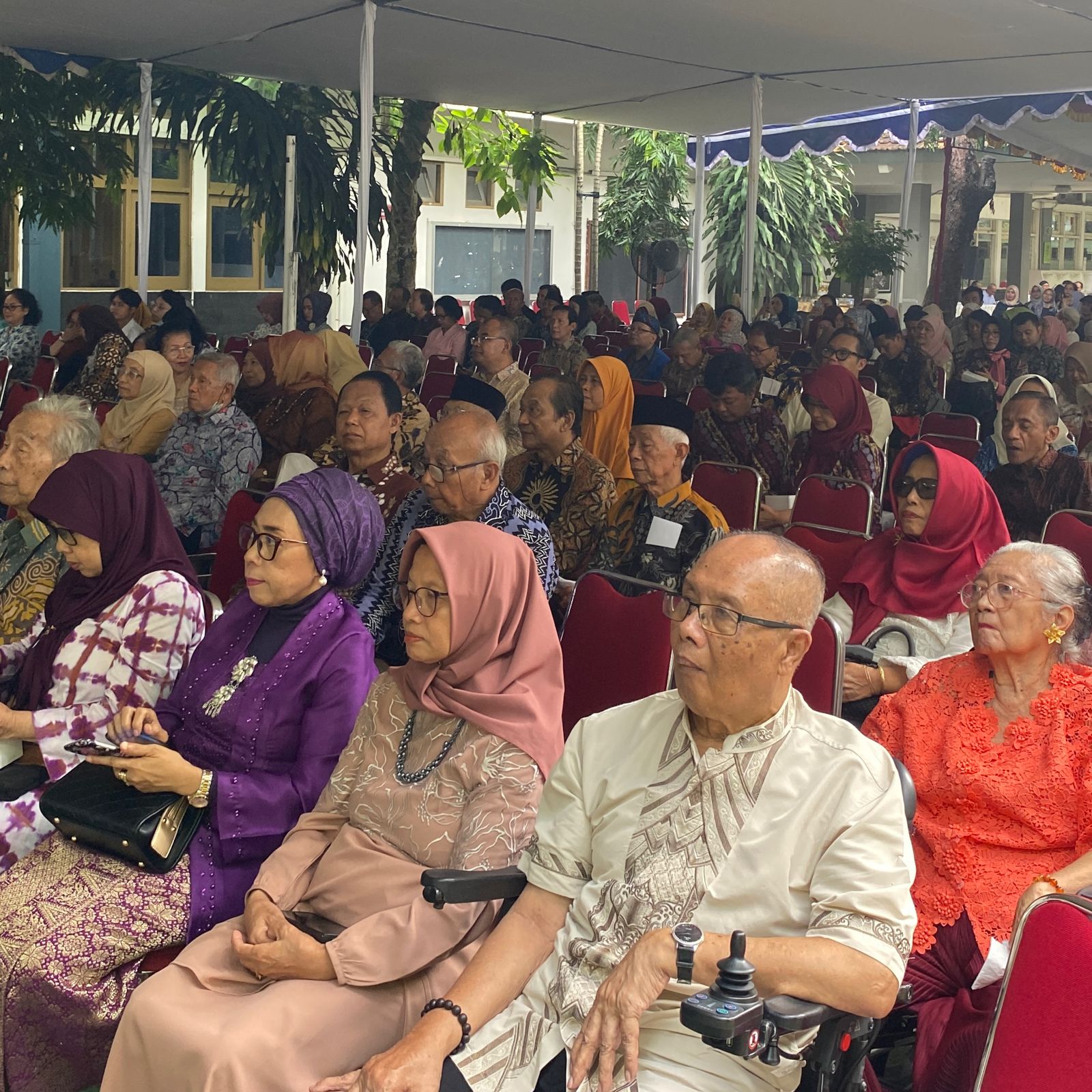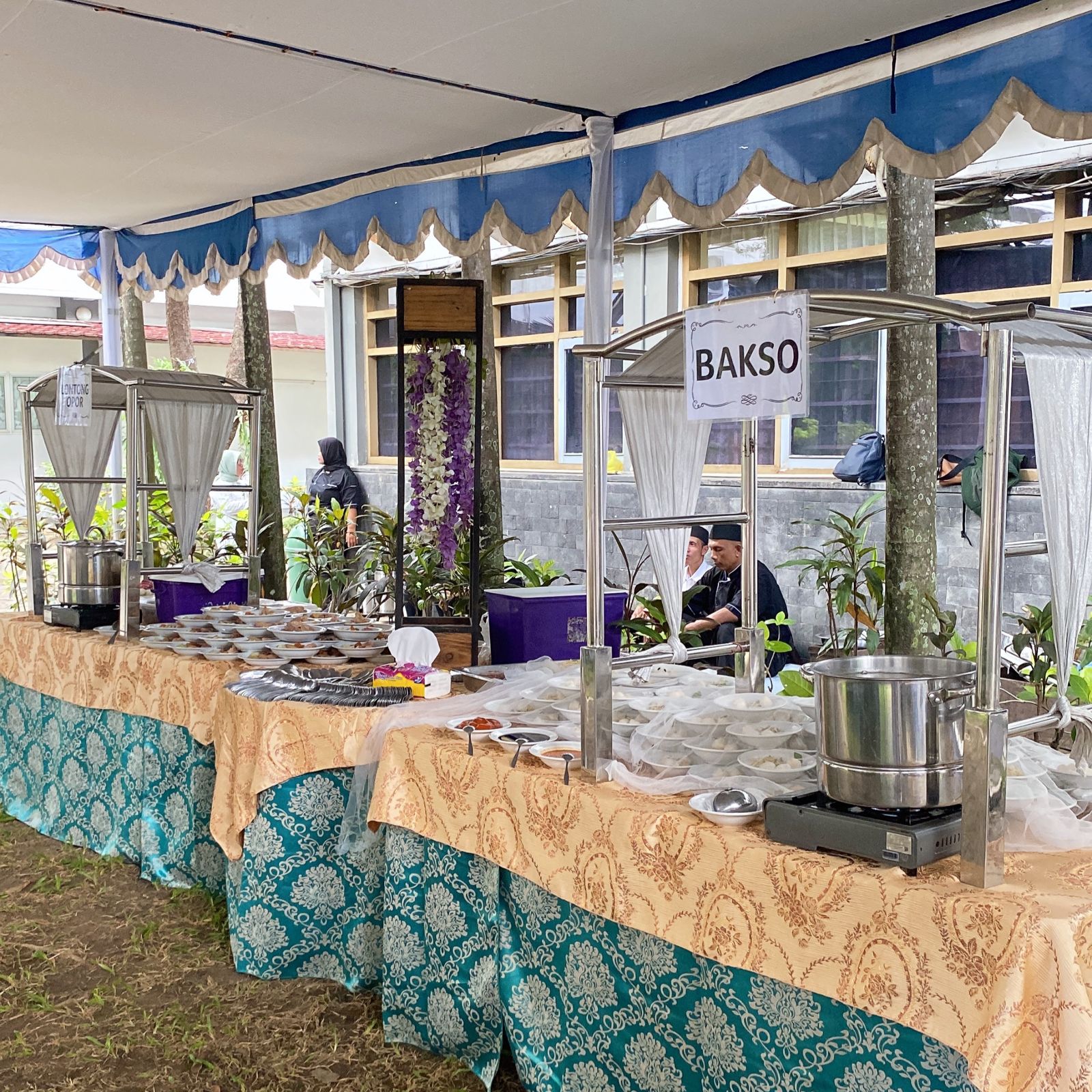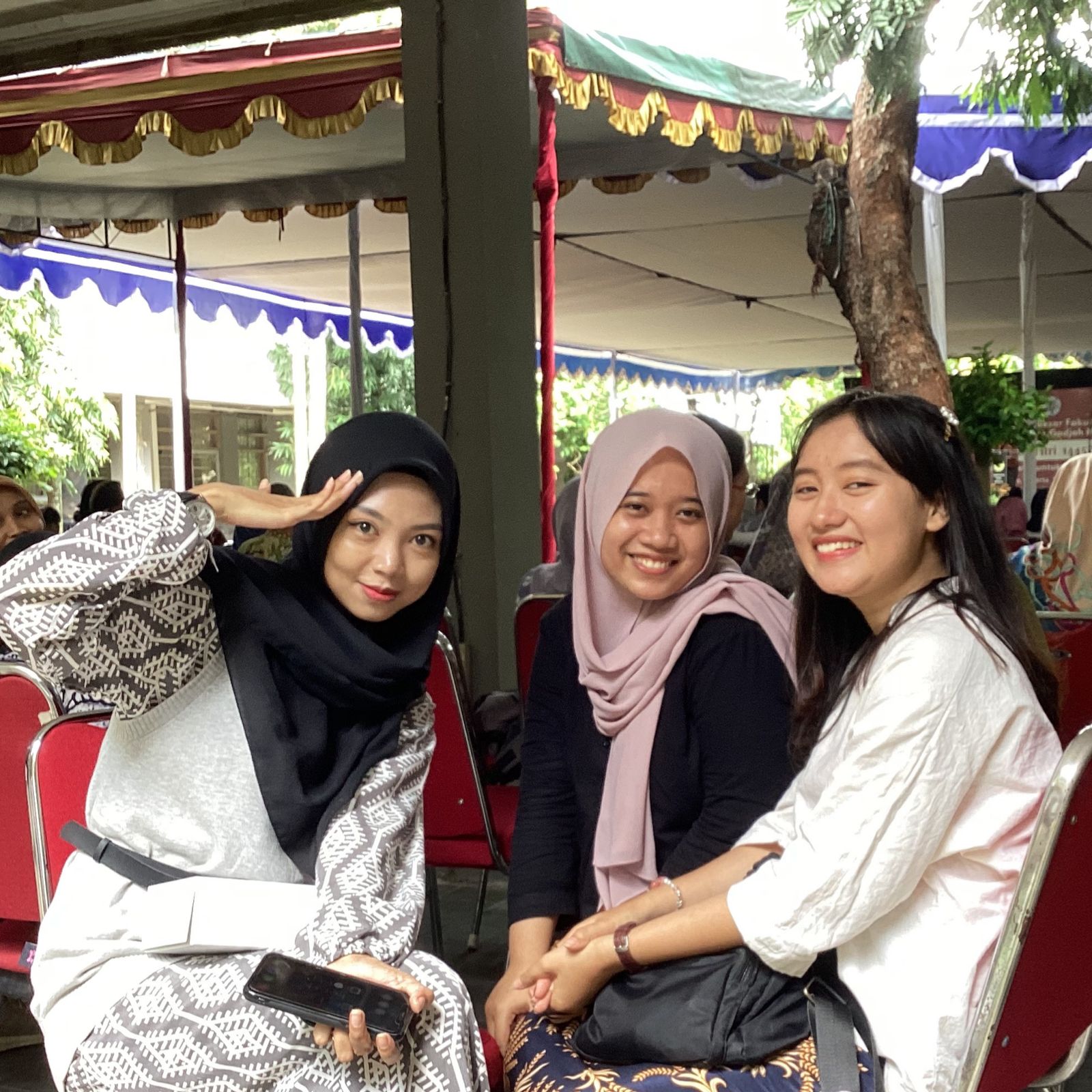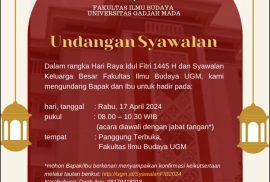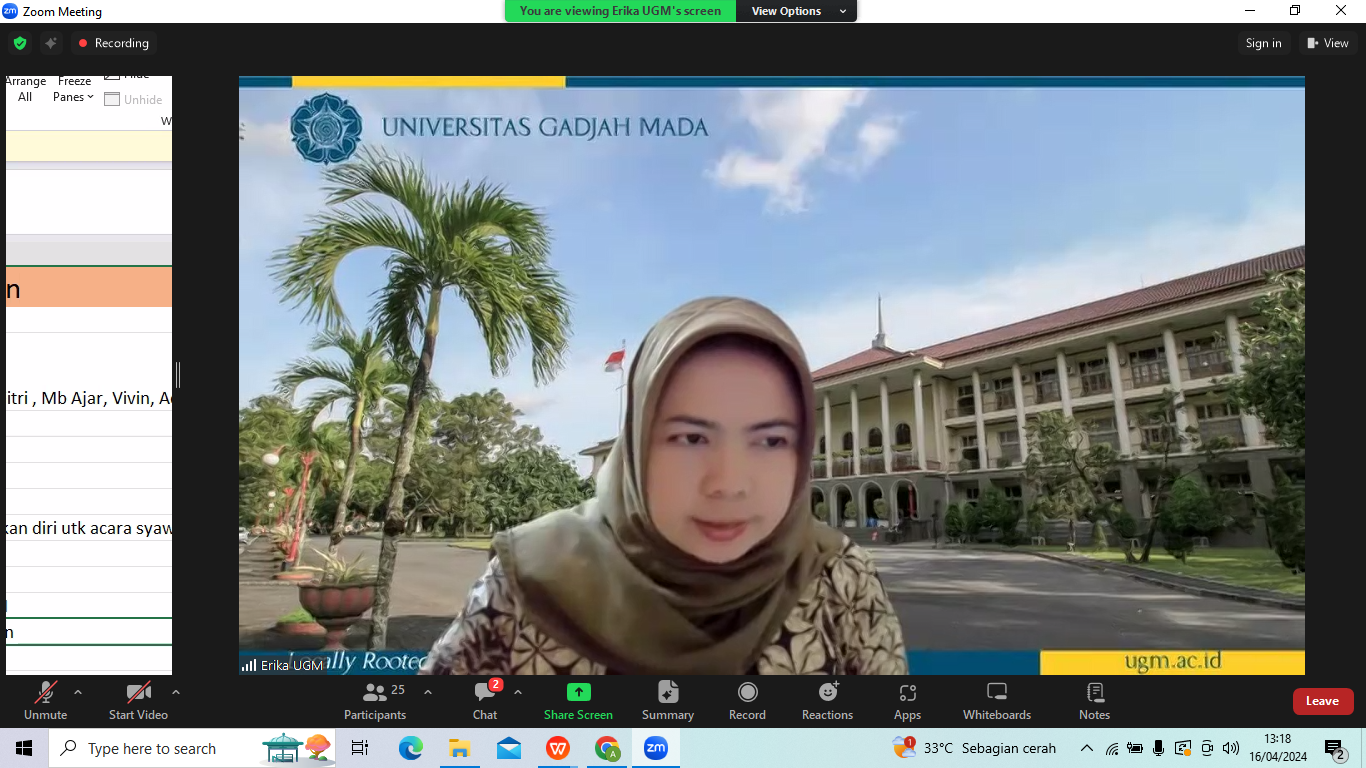SDGs 4 Quality Education | SDGs 4: Education | SDGs 4: Cultural diversity | SDGs 16 Peace, Justice and Strong Institutions | SDGs 1: Non-discrimination
American Literature is one of the courses in the Master’s Program in American Studies that uses American literary works from the classical era to Post-Modernism as the objects and materials for discussion. This American Literature class provides students with a new experience in exploring the relationship between American literary works and the country itself. Based on the understanding that the narrative of a literary work represents the author’s thoughts on the events they have experienced and the occurrences around them, this class presents various understandings of American literature and how it projects the state of society in each era, such as the Romanticism, Realism, and Harlem Renaissance eras.
In this lecture, the discussion began with an explanation of the Post-Modernism era, which emerged around the 1960s. With the development of new art forms like performance art as a result of World War II, other forms of art, including literary works, were also influenced, especially in terms of characteristics. Some of the characteristics explained in this session include how writers began to focus on the experiences of others with different backgrounds, or write about how power and ideology from those in power can influence society’s perception of their surroundings, while also raising awareness among the public about everything they believe in and hold dear.
Using Amanda Gorman’s work, ‘The Hill We Climb,’ which was recited during President Joe Biden’s inauguration in 2021, the class discussion connected the author, a young Black woman, with America, particularly in its real-world context. Through presentations and discussions between students and the professor, this class produced various interpretations of how this poem depicts American democracy from a minority perspective. After lengthy discussions, the result of these student-professor dialogues and interpretations was that, despite America’s many ‘sins’ in the past, especially towards Black people, this poem serves as a call for all Americans, regardless of race, to pass on a better democracy and country to future generations.
Besides conducting an in-depth discussion on the meaning of a literary work, the conversation also delved into the writing style of Black authors, who use certain linguistic structures, and the presence of intertextuality, or the use of writings from other Black authors to reinforce the message being conveyed. Moreover, the discussion covered the characteristics of post-modernist literature and how ‘The Hill We Climb’ embodies one of these post-modernist traits.

